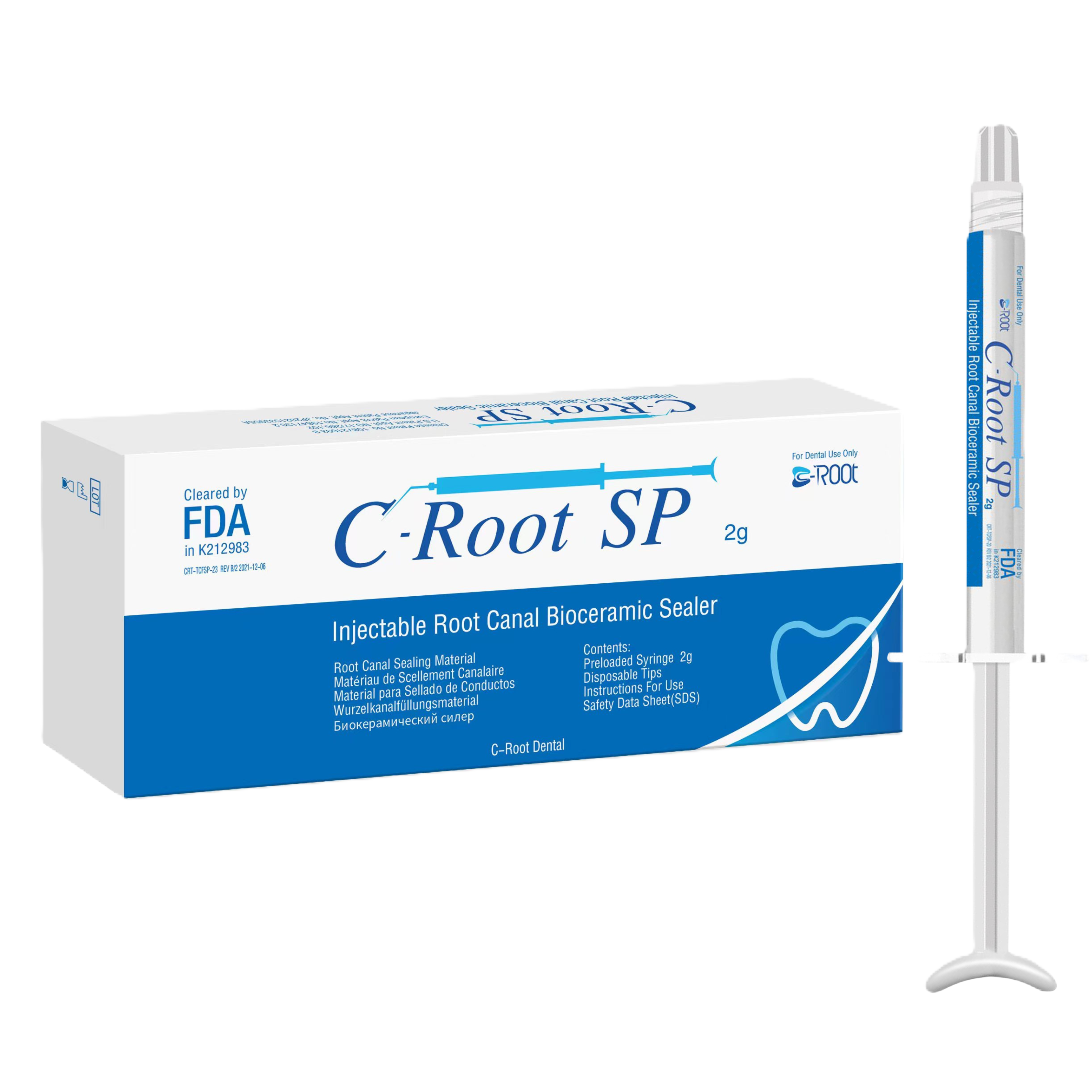Bio-Ceramics in Dentistry: A Revolution in Sealer Materials
2024-09-18 19:04:57

Bio-Ceramics in Dentistry: A Revolution in Sealer Materials
In today’s advanced dental world, bio-ceramics have emerged as a groundbreaking innovation in sealer materials. These new materials, which have recently replaced traditional ones, offer significant benefits for both patients and dentists.
Definition of Bio-Ceramics
Bio-ceramics are materials made from mineral compounds designed for use in the human body. In dentistry, bio-ceramic sealers are used to fill root canals. Due to their biological properties and high compatibility with dental tissues, these materials are ideal for endodontic treatments.
Advantages of Bio-Ceramics
Bio-ceramic sealers have several advantages that set them apart from traditional materials:
- Antibacterial Properties: Bio-ceramics have antibacterial properties that create an unfavorable environment for bacteria during the setting process, preventing re-infection.
- Biological Compatibility: These materials are highly compatible with dental tissues, reducing the likelihood of inflammatory reactions and aiding in the repair of damaged tissues.
- Chemical and Mechanical Stability: Bio-ceramics exhibit high chemical and mechanical stability, contributing to the long-term performance of the sealer.
- Insolubility in Moist Environments: These materials do not dissolve in the moist environment of the mouth, which helps maintain the seal of the root canal.
Comparison with Traditional Materials
Traditional materials such as resins and glass ionomers, previously used in dental sealers, had limitations. Some of these limitations include:
- High Solubility in Moist Environments: Traditional materials dissolve over time in the moist environment of the mouth, which can lead to leakage and re-infection.
- Inflammatory Reactions: Some traditional materials may cause inflammatory reactions in dental tissues.
- Mechanical Limitations: Traditional materials may be less resistant to chewing pressures and other mechanical stresses.
**Bio-ceramics address these limitations and offer a desirable option for use in endodontic treatments.**
Conclusion
Bio-ceramics have revolutionized the materials used in dentistry as sealers. With advantages such as antibacterial properties, biological compatibility, chemical and mechanical stability, and insolubility in moist environments, these materials are an excellent replacement for traditional ones. Bio-ceramics not only enhance the quality of dental treatments but also contribute to the long-term health of teeth. These advancements reflect the ongoing efforts to improve dental care and enhance the quality of life for patients.
Latest Articles
Understanding MID: How It Relates to Pulpotomy and Pulp Capping
Read more
Speed Up Tooth Socket Healing with Ora-Aid Oral Dressings
Read more
Bioceramic Materials in Pediatric Dentistry
Read more
Ora-Aid oral adhesive – overview & benefits video
Read more





